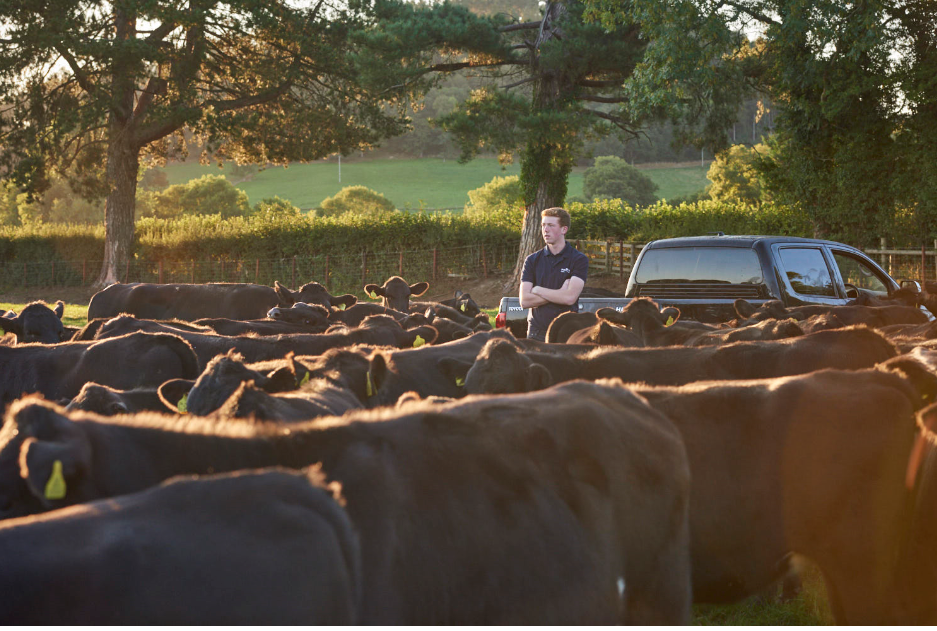A joint initiative between food group OSI Europe and agri-nutrition specialists Devenish is setting out to deliver a carbon neutral farming system by 2030.
The nutrition specialist has been measuring the environmental impact of livestock production at its Global Innovation Centre in Co. Meath, Ireland, for the past six years and OSI Europe is undertaking the same research on their partner’s sustainability trial farm, Brongain.
Together the two companies are combining their knowledge to pave the way for carbon neutral farming by 2030 with plans share the findings of the research with livestock farms across the UK.
Kevin Cahill, managing director of OSI Europe says that collaborating with Devenish will allow them to collect, analyse, and compare a larger pool of data from different livestock systems, and combine resources to interpret the data and identify the most effective way to tackle livestock emissions.
Mr Cahill said: “The longer-term vision is for OSI Europe and Devenish to share the findings of the research with livestock farms across the UK, so that producers can identify the true environmental impact of their farm and how they can work towards helping the industry become carbon neutral, while allowing the public to continue to enjoy high quality, nutrient rich meat as part of their diet.”
Owen Brennan, executive chair of Devenish, added that the unique research project will enable them to explore ways to make food production more sustainable: “Using LiDAR technology, we are measuring carbon storage and sequestration by livestock grazing diverse swards, as well as above ground biomass in the form of trees and hedgerows.
“It is vital that we can measure the sequestration potential of the landscape which livestock live in against the carbon emissions they produce. The more efficiently we can produce animal protein, and the more carbon we can store in the landscape, the closer we get to carbon neutrality.”
Mr Brennan added: “Agriculture is one of only two industries globally that both produces emissions and stores carbon. The other is forestry. Hence why it’s important that we showcase the true, net environmental impact of this industry.”




